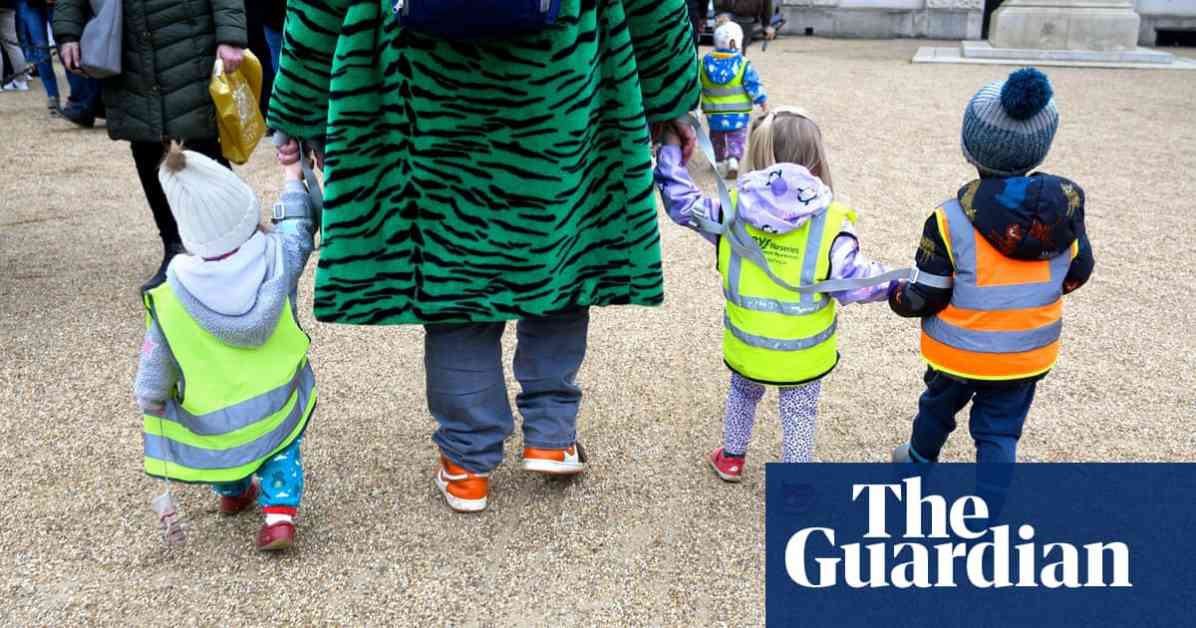A recent report sheds light on the challenges faced by tens of thousands of children in migrant and refugee families in the UK who are being denied access to government-funded childcare due to benefit restrictions tied to their parents’ immigration status. This issue stems from the policy of “no recourse to public funds” (NRPF), which leaves parents ineligible for the 30 hours of free childcare offered by the government.
The Institute for Public Policy Research (IPPR) and the human rights organization Praxis collaborated on the report, highlighting the impact of NRPF restrictions on an estimated 71,000 families who would otherwise qualify for free childcare. These families are excluded from accessing the social security system, pushing them into poverty and depriving their children of essential early years education opportunities.
Challenges Faced by Affected Families
Shams Sarker, a skilled migrant worker from Bangladesh, shared his personal experience of navigating the limitations imposed by NRPF. Despite holding a work visa, his two-year-old daughter, born in the UK, is not entitled to the same government-funded childcare as her peers. This disparity has forced Sarker and his wife to take turns caring for their daughter, resulting in reduced working hours and income. The lack of access to quality childcare hampers their daughter’s social and educational development, creating a sense of inequality.
The report revealed that only 55% of parents affected by NRPF restrictions utilize childcare services, compared to 72% of the general population. Many resort to unofficial childcare arrangements with relatives and friends, while others forego job opportunities due to the unavailability of free entitlements. Dr. Lucy Mort from IPPR emphasized that restricting childcare access exacerbates poverty, hinders parental employment, and impedes children from receiving vital early education.
Call for Policy Change
Josephine Whitaker-Yilmaz, a policy and public affairs manager at Praxis, underscored the urgent need to lift restrictions on childcare support to benefit disadvantaged children in communities. The report’s findings align with a broader concern regarding child poverty among families with non-UK born parents, calling for comprehensive policy interventions to address growing hardship.
Hafsa, a mother of two on a skilled worker visa, shared her struggles with providing basic necessities for her children, illustrating the financial strain faced by families affected by NRPF. The government’s response acknowledges the importance of early childhood development but falls short of addressing the systemic barriers that hinder access to government-funded childcare for vulnerable families.
In conclusion, the report highlights the profound impact of NRPF restrictions on migrant and refugee families, emphasizing the need for inclusive policies that prioritize equal opportunities for all children. As the debate continues on how to best support families facing these challenges, advocates, policymakers, and community members must work together to ensure that every child receives the essential care and education they deserve.







